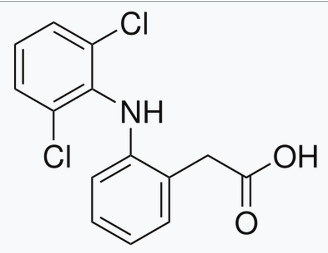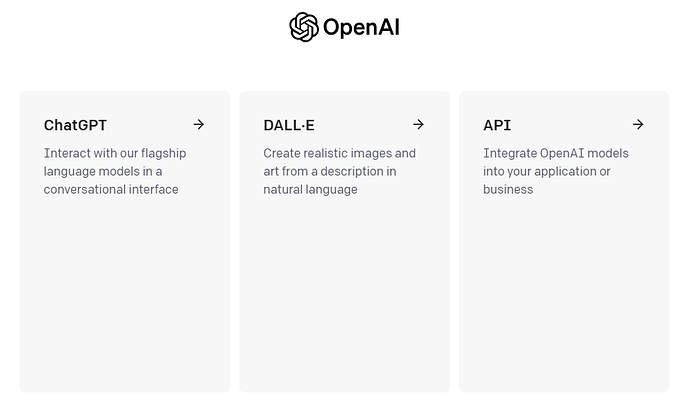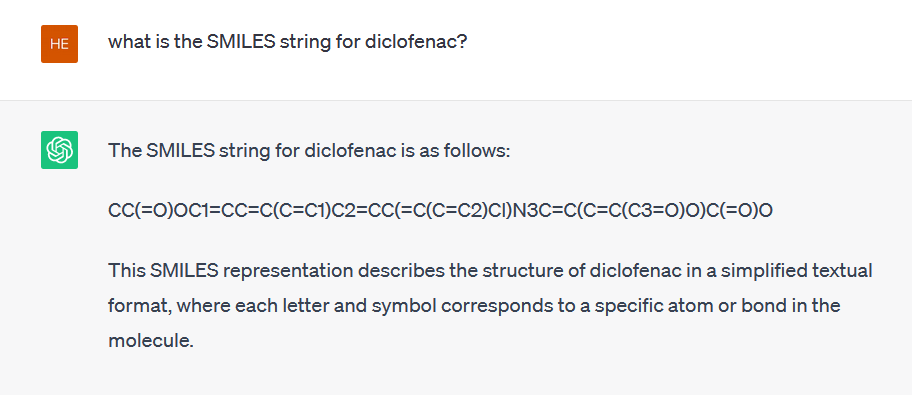Nice catch, @axellenz! Thank you ![]()
Good, @axellenz. Thanks for the info!
Have you asked ChatGPT?
Hi , from where we can get the API key?
Hi @MAAbdullah47 you can get it from the website of OpenAI.
Once you sign up and log in, you can choose the API pane and under your personal profile, you can view your API keys.
Hope it helps,
Roberto
Thank you for the information.
One more question , I tried to open an account in OpenAI but it display a message:
“OpenAI’s services are not available in your country.” , Are there any workaround solution ?
does any local provider can solve this problem?
Thank You @FrankColumbo
I used it (Tor) it blocking me from access : Sorry, you have been blocked
You are unable to access openai.com.
But I made work around in the setting of the browser to not ask for my location , and now it is working.
Hi all, and thank you for this thread. I have a topic from chemistry world that I would like to discuss.
I am really intrigued by an option to make our chemical reagent database more searchable using chatgpt. The problem we have is that some entries in our database do not contain any structure information, only “names” of reagents. However, those names often come in different languages and sometimes in abbreviations.
My idea is to ask chatgpt for SMILES strings of those names and abbreviations and include them (flagged) in the structure searches. I know it can do it well.
Can I modify Roberto’s example to input a name from the database table entry, retrieve the request, extract the JSON body, and extract the smiles code using sting manipulation? I assume a loop set up will be necessary. Also, do you have any idea to make it “token-efficient”? I am a knime-noobie so I am just looking for an advise if my thoughts are correct.
Also, I am not the database admin :-). I am just trying to make it better.
Thank you!
Jan
Hi @janskacel
Welcome to the KNIME community!
Your idea to loop through a list of names and pass them into the JSON body and POST request would work. However, I am not convinced that ChatGPT would give you accurate SMILES strings, so I would use it with caution.
For example:
The molecule is:

It clearly doesn’t have 6 oxygens and 3 rings, like the SMILES string shows.
Obviously, there’s no harm in trying your idea, but I would do some manual checking afterwards to confirm the results.
Best wishes
Heather
Hi @HeatherPikairos ,
thank you for your reply. Yes, you are absolutely correct! I also tried to receive some registry numbers or just translate the names. Although ChatGPT could get the right answer in many cases even from some ridicules names, in others (even very simple ones) if failed. It is also difficult to instruct GPT to answer with specific strings only.
Eventually, I used Google search to get CAS numbers in combination with Pubchem search. I am just posting this to illustrate that “standard” solutions can still achieve similar results cheaper or faster.
Still, thank you for your input!
Jan
Hi @janskacel
Its nice to see your alternative solution using Google and PubChem! If your workflow isn’t confidential and you would be happy to share it, either by uploading to the hub and sharing the link or uploading a copy of the workflow to this forum thread, I would be interested to see it in action ![]()
Thanks
Heather
Hi @HeatherPikairos , I am sorry for the late response. I have modified the workflow and included some example data. For all, the workflow contains Google search, PubChem search, and modified workflow from @roberto_cadili for a GPT call. You can use it to evaluate different approaches for your search tasks.
The task was to retrieve SMILES strings for chemical entries with non-standard names via CAS number, but it can be modified to do anything. The CAS number is standardized and can be simply extracted from text.
It requires Google custom search API key (free of charge) and GPT API key (charged).
Any suggestions are welcome.
You can find the workflow on my HUB space.
Best,
Jan
Hi @janskacel Thanks a lot for sharing and explaining ![]() I will take a look at the workflow!
I will take a look at the workflow!
Best
Heather
This topic was automatically closed 90 days after the last reply. New replies are no longer allowed.


